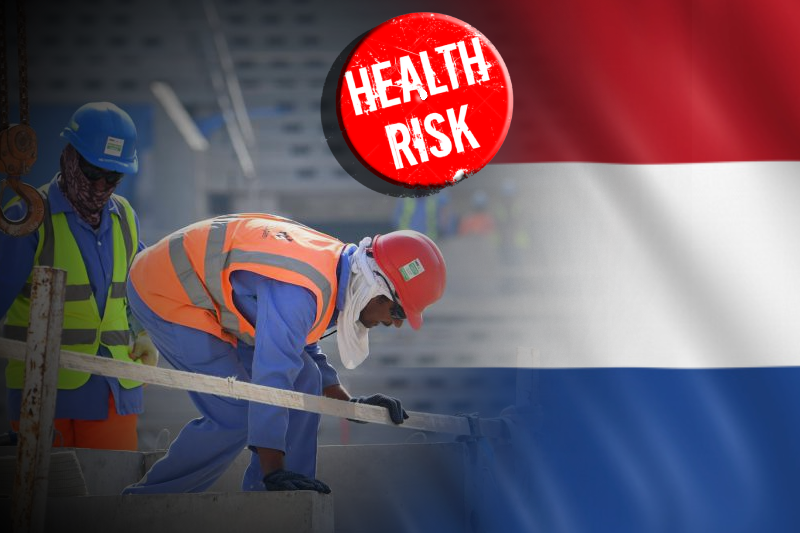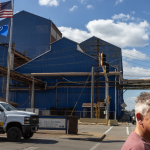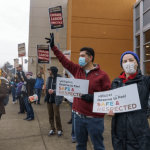
Working conditions in the Netherlands pose significant health risks to migrant workers
Last updated on April 14th, 2022 at 10:54 am
 Europe – The working conditions in the Netherlands pose significant health risks to migrant workers. Long working days and low income have affected their physical and mental health.
Europe – The working conditions in the Netherlands pose significant health risks to migrant workers. Long working days and low income have affected their physical and mental health.
Expertise centre on health disparities Pharos conducted a survey on this matter. The report was published on Monday. Pharos surveyed 260 migrant workers to understand their working conditions in the Netherlands. Pharos also spoke to 18 professionals from healthcare and social services.
The researchers found that long working hours, high production pressure, less income, physically demanding work, and precarious living conditions have severe consequences on migrant workers’ mental and physical health. The researchers noted that migrant workers usually arrive in the Netherlands in good health, but their health deteriorates quickly because of the working conditions.
Related Posts
Long working days leave migrant workers exhausted. They get no time to exercise and earn too little to afford healthy products. They often do work in fever because they fear losing their jobs. Many migrant workers are insured through an employment agency, which cannot be beneficial for them if they don’t have work. They can’t go to see a doctor without insurance because fees are usually high. They also don’t go to the doctor if they are unemployed. They need to get a job to get the insurance. However, they don’t get the chance even if they are employed because of longer working hours.
They also have language problems because some workers can’t understand English while some workers can’t understand Dutch. They don’t even know what exactly their insurance covers. Pharos researcher Inge Goorts said, “People are destroying themselves at work.”
The researchers have advised the government to better regulate occupational healthcare and employment agencies in the Netherlands for the betterment of migrant workers. The researchers also asked the authorities to provide all the information to migrant workers about health care facilities and insurance.












